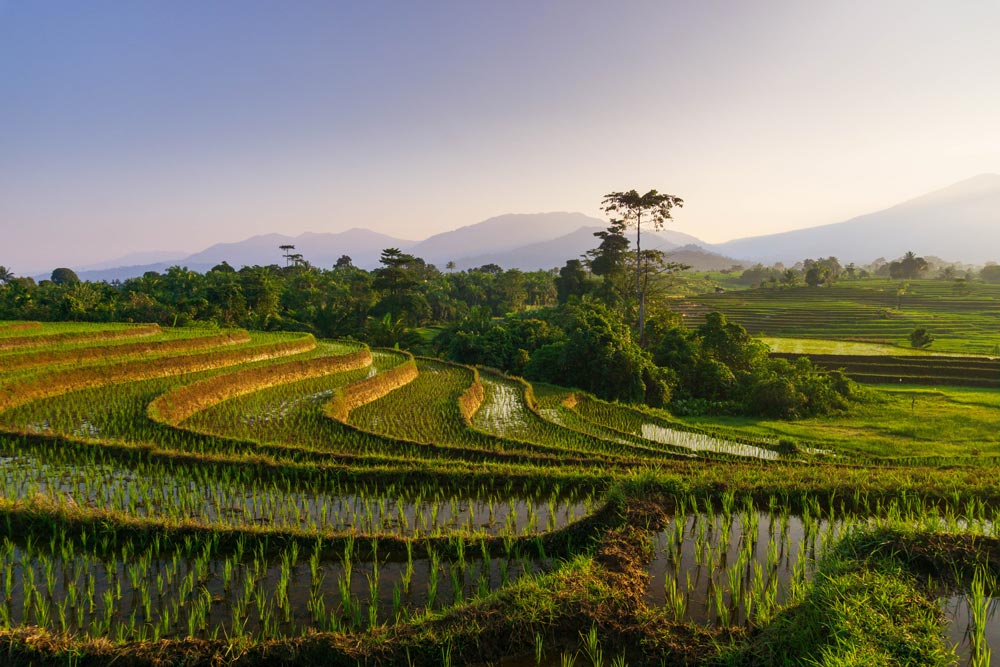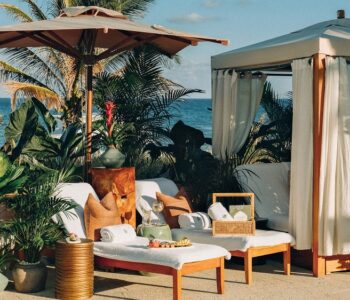
I set out 8 years ago now to embrace the concept of sustainability and try to bring it to as many people as possible, first of all by education, though a series of very well-attended seminars and conferences, covering important subjects like Sustainable Fashion, Sustainable Buildings and Architecture, and How to Create Smart Cities. Then came Covid-19 and that all stopped. And when the pandemic ended, I decided to go into directly consulting with travel and tourism industry where a lot of help is needed.
I am still doing that but as you will quickly see in Bali and throughout the archipelago, for all the success we have had, we are fighting against the pretty unstoppable forces of “development” as every square metre of available land is quickly bought and turned into hotels, malls, apartments, shops and clubs.
Now there is nothing wrong with these great businesses – if they are built to the standards that are expected by today’s consumers: with solar-powered energy, 100pct water recycling and zero-waste-to-landfill. But they are not. In fact, there are no regulations which demand that, so the developers do not bother. Nor do they stick to the building guidelines, or the mandatory set-back from the seashores. Perhaps saddest of all is the almost complete disregard for the Balinese culture which is supposed to be incorporated into the buildings design, preserving the Balinese ambiance even though the buildings themselves are modern. Some do, and should be recognised and rewarded. But not enough.
My concern, and this is echoed by many who see past the commercial success today, is: what are we leaving for the next generation?
One of the principles I have learned in studying sustainability is the concept of “Net Positive”, can our businesses and activities leave the world in a better state than we found it? If the answer is no, and that – apart from financially – seems to be the case for most businesses, and that is when I challenge the owners with this question: “Do you want your children to have a better life than you or worse” and in every case they say “Don’t be so stupid, I had a tough start, I want my kids to have a much better life than me, go to university, have a marvellous house,” etc etc. They rarely connect the question about their kids to the results of their own business activities, because they feel that success in business will protect their future generations from the very effects of their own business decisions.
When we, and they, all understand that this is one world, and each of us has to leave it better than we found it, only then will we see that positive change happen.










